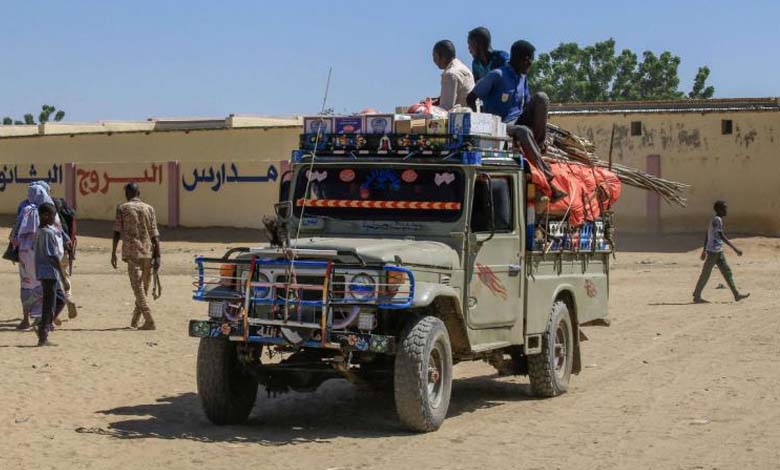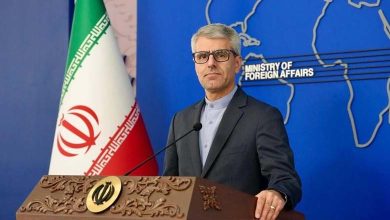Washington loses its strategic base for monitoring the coast and Libya with the withdrawal from Niger
The United States will transfer its sensitive equipment from Niger but will leave larger items such as air conditioning units, generators, and aircraft hangars

Niger and the United States announced in a joint statement that they had reached an agreement on the withdrawal of American forces from the West African country. This process, already underway, will be completed by September 15, resulting in the loss of the Agadez airbase in the north, used by American forces to monitor the Sahel region, North Africa, and specifically movements in Libya.
Last month, Niger’s ruling military council requested the United States to withdraw its roughly 1,000 troops. Until last year’s coup, Niger was a key partner in Washington’s fight against insurgents in the Sahel, who have killed thousands and displaced millions.
The agreement was reached after five days of meetings between Niger’s Ministry of Defense and the Pentagon. The agreement guarantees the protection of American forces until their withdrawal and outlines procedures to facilitate the entry and exit of personnel during the withdrawal.
The joint statement highlighted the shared sacrifices of Nigerien and American forces in the fight against terrorism and emphasized the joint efforts to strengthen Niger’s armed forces. The withdrawal of American forces will not affect the continuation of relations between the United States and Niger in the field of development. Both countries are committed to maintaining diplomatic dialogue to define the future of their bilateral relations.
A senior U.S. military official, speaking on condition of anonymity, said that about a hundred American soldiers had already been withdrawn from the country. Another defense official indicated that the United States would transfer its sensitive equipment but would leave larger items such as air conditioning units, generators, and aircraft hangars.
The United States will allow Nigerien forces to use this equipment, provided it meets legal standards. It appears that Niger’s military council does not want to hand over counterterrorism operations to Russian forces or those of the Wagner group.
Niger’s request for the withdrawal of American forces came after a meeting in Niamey in March, where senior U.S. officials expressed concerns about the expected arrival of Russian forces and reports of Iran seeking raw materials, including uranium.
Observers view this decision as an unprecedented humiliation for the United States by a weak West African state. Others see it as a natural outcome of the rapprochement between Niger, Russia, and Iran, potentially involving uranium supplies to Iran.
Since Niger’s military council ended military cooperation with the United States by suspending the 2012 cooperation agreement, daily demonstrations have been held to demand the departure of American troops. These demonstrations were supported by political, religious, and human rights figures, as well as military leaders.
The demonstrations coincided with the arrival of the first shipment of Russian military equipment under a new cooperation agreement with Moscow, and the arrival of nearly 100 Russian instructors to train Nigerien forces.
The United States has a large drone base near Agadez, which cost $100 million to build.
After last July’s coup, the new military regime demanded the departure of French troops and moved closer to Russia, following the examples of Mali and Burkina Faso after their 2020 and 2022 coups.
Remarkably, Niger’s decision came after a three-day visit by a U.S. delegation led by Assistant Secretary of State for African Affairs Molly Phee. The Nigerien military, dissatisfied with the delegation’s attitude, refused to meet with the head of the military council, Abdourahamane Tchiani, and condemned the delegation’s behavior.
The United States had suspended its cooperation with Niger after the coup that ousted the elected president Mohamed Bazoum last July, also accusing Niger of seeking to supply uranium to Iran.
Since taking power in a coup on July 26, 2023, the military led by General Abdourahamane Tchiani has prioritized revising military cooperation agreements, ending cooperation with France, whose last soldiers left Niger at the end of December.












